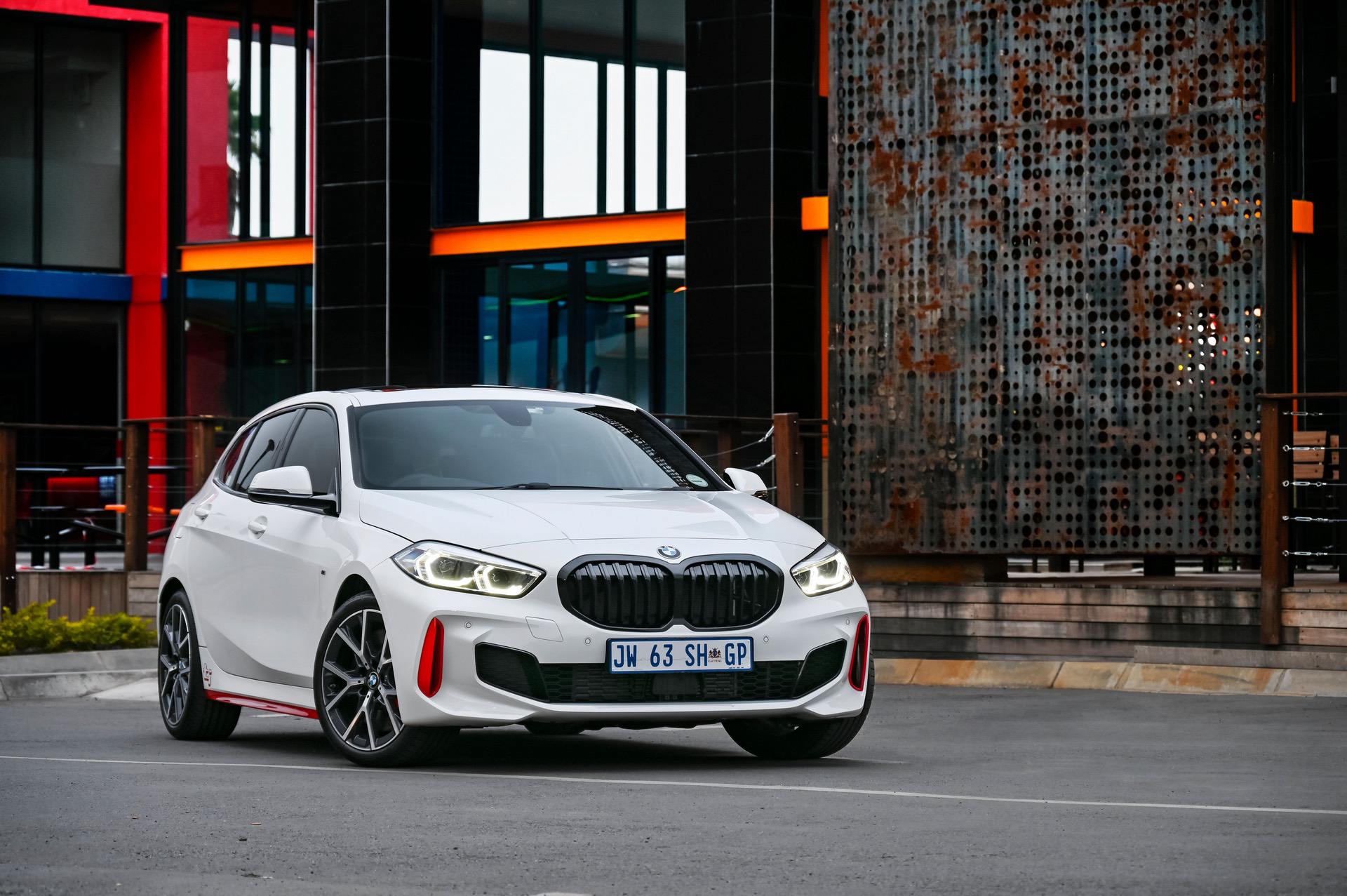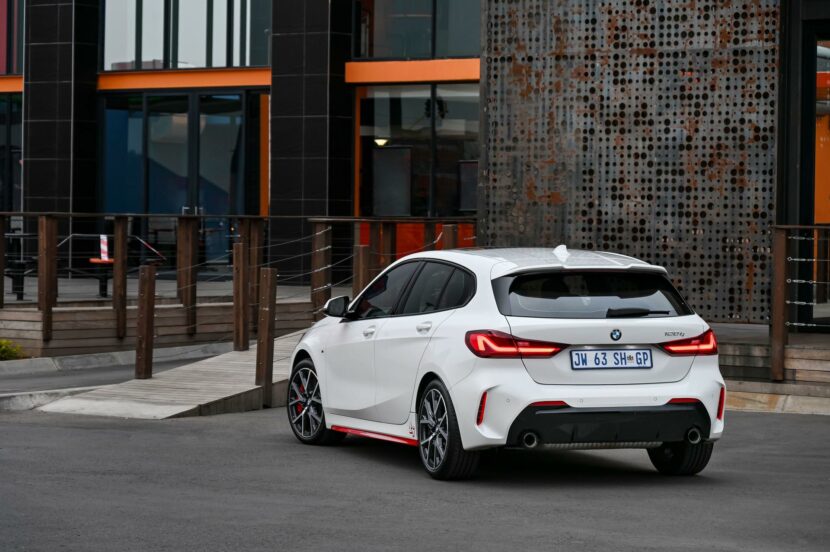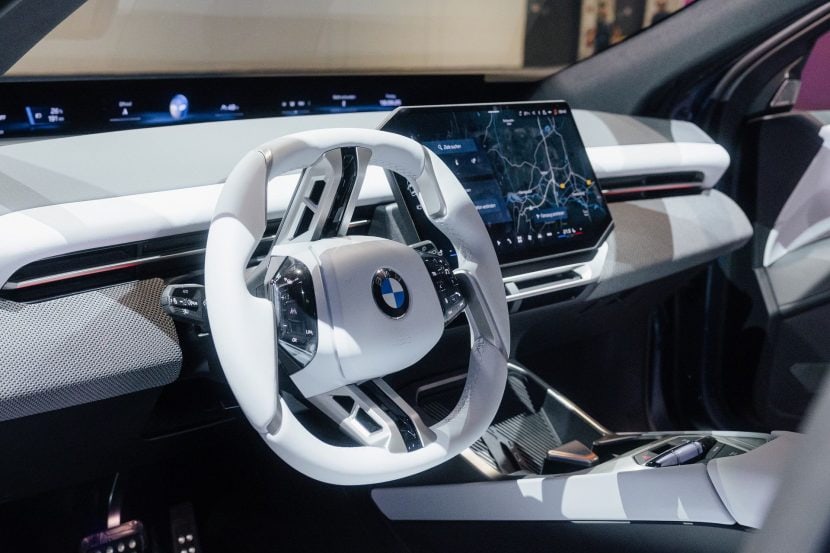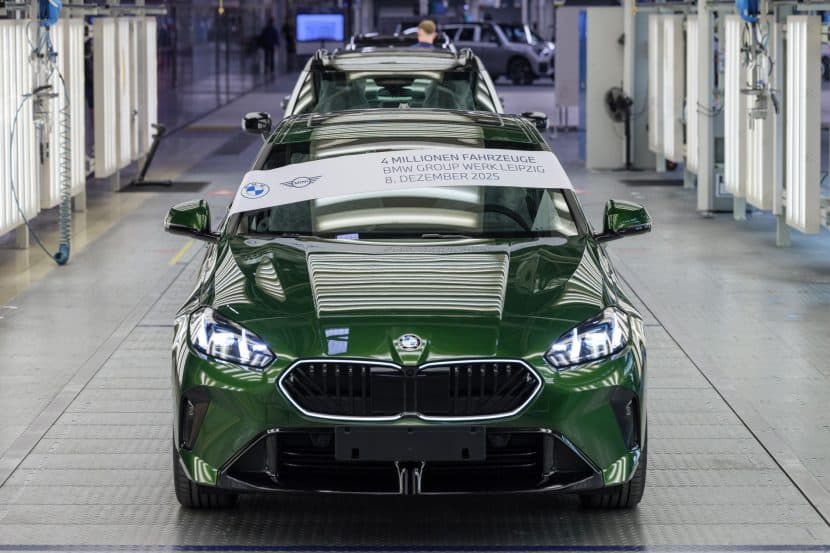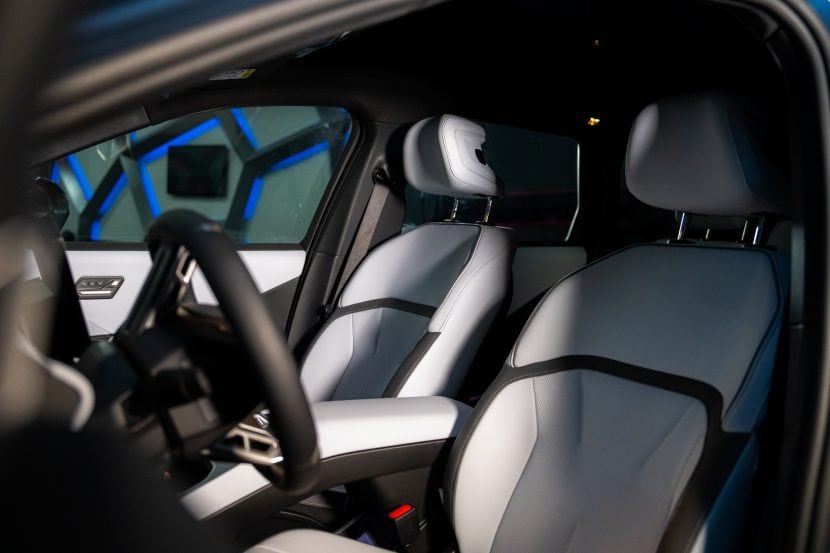When BMW unveiled its special 128ti model the world rushed to compare it to a real-life legend, namely the Volkswagen GTI. What a lot of them fail to mention though is that the GTI is a recipe that has been refined over the last 40 years. Sure, BMW also has plenty of experience in making cars, but most of them are rear-wheel drive whereas the BMW 128ti is a front-wheel drive ordeal, a rather odd bird if you will.
The spec sheet says that these two should be very evenly matched. The BMW uses a 2-liter B48 4-cylinder turbocharged engine, good for 265 HP and 400 Nm (295 lb-ft) of torque, all of it sent to the front wheels via an 8-speed automatic gearbox from Aisin. This setup should allow it to reach 100 km/h (62 mph) from standstill in 6.1 seconds which is not bad at all. The problem in this particular race is that the BMW is heavier than its opponent.
Tipping the scale at 1,464 kilos, the Veedub is lighter by 41 kilos compared to the BMW while also using a 2-liter 4-cylinder turbocharged engine under the hood. In the case of the GTi though, the power figure goes only as far as 245 HP while torque is also a bit lower at 370 Nm (273 lb-ft). Unlike the BMW though, the VW uses a 7-speed dual-clutch DSG gearbox to push the power to the front wheels alone.
At the same time, the spec sheet says the BMW should win this, as the Volkswagen says the GTI will do 100 km/h (62 mph) from standstill in 6.2 seconds. So, what exactly happened? Well, it wasn’t as close as the specs might lead you to believe. The two were neck and neck up until about 50 km/h but something happened with the Golf and it started losing ground to the BMW from then on out. It’s quite noticeable too, as you can see in the video below.


